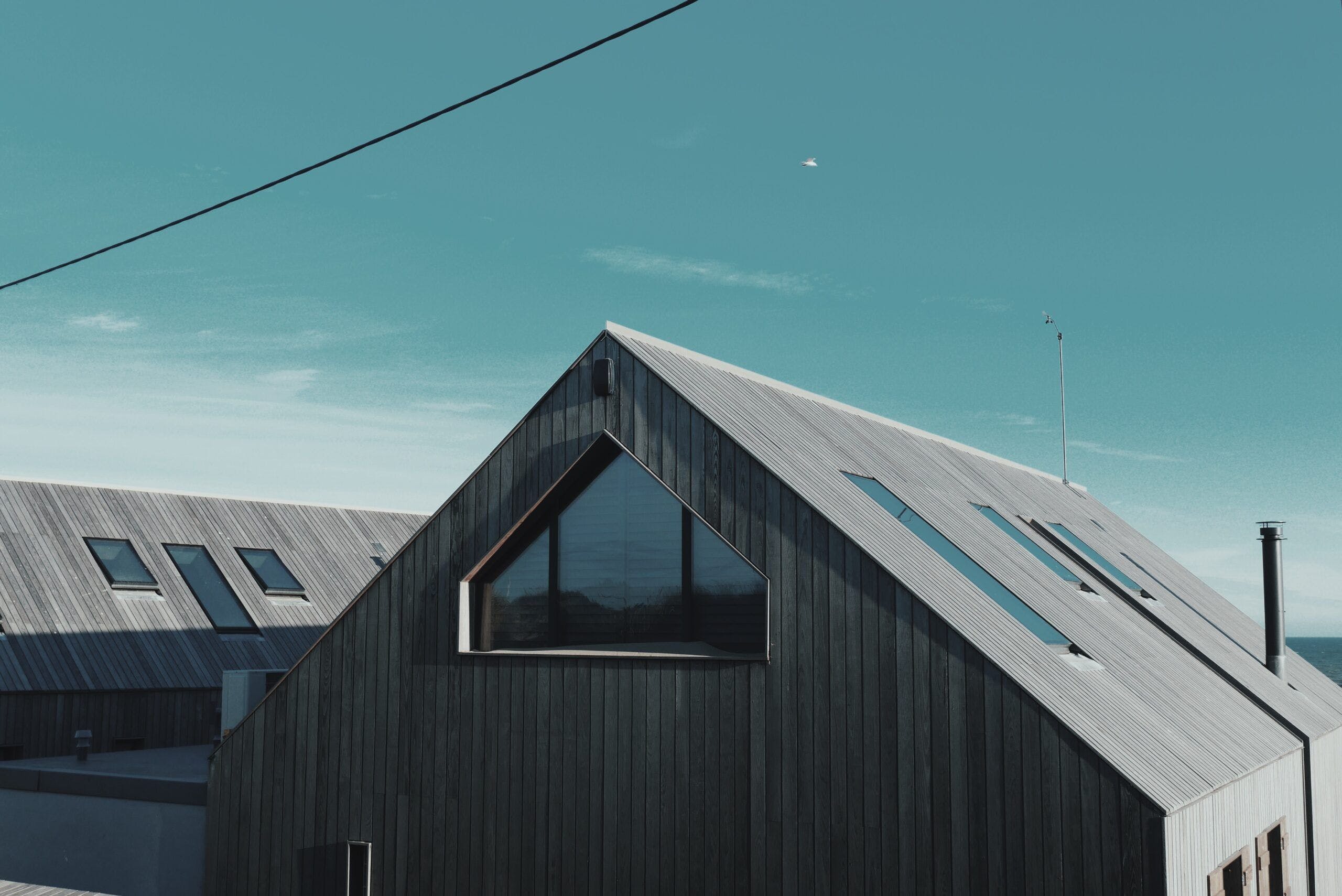If you’re curious about the basement conversion process, here is the information you need
The vast majority of us would appreciate a little extra space in our homes from time to time. Whether you’re looking to get the best price for your home when you sell it, or simply want to create more room for your family to run around, there are rarely any downsides to creating more space.
So it’s no wonder that basement conversions are proving to be extremely popular among homeowners. A basement conversion allows you to convert an unused room or subterranean area on the footprint of your existing property into a desirable living room, or whatever kind of space your home needs.
But if you’re thinking of investing in a basement conversion for your home, it’s important to do your research first. That’s why we’re here to help. Here are the answers to some of the most common questions asked by people considering a basement conversion. Let’s take a look.
What is a basement conversion?
Many houses come built with cellars that have been neglected for years or even decades. They are usually dark, damp and dank spaces which are wholly unappealing. In fact, many are hardly suitable for effective and safe storage, never mind for spending any significant length of time.
But a basement conversion addresses these issues. This is the process of changing this dank space into a room or series of rooms that can be used and enjoyed effectively.
There are varying degrees of basement conversion, from a basic tidy up and damp-proof to a full-scale operation that involves excavation and expansion. The choice lies with the homeowner, and depends on what they plan on using their basement for.
Why convert your basement?
There are plenty of good reasons to convert your basement. Most obviously is the benefit of having more space. Whether you need more bedrooms and bathrooms, a new living area or an impressive space for entertaining, a basement conversion can provide.
Growing families can significantly benefit from basement conversions, whether this growth is due to a new baby, a student returning home or looking after ageing parents. Basement conversions can provide the perfect mix of unity and privacy.
Converted basements are also great for storage, as bulky items like gym equipment, bikes and more can be difficult to store elsewhere in the house.
And if you’re planning on selling your home, a basement conversion is a fantastic way to increase value and get the best possible price for your property.
How long does a conversion take?
This really depends on what you want to achieve from your conversion, as well as the size of the basement itself. Converting a simple single-room cellar into a waterproof storage space is a relatively quick and easy job, while converting and extending the cellar into a multi-room living space can take significantly longer – particularly if it’s necessary to dig down into the existing foundations.
Can you do it yourself?
You may find that you can complete some of the tasks involved in a basement conversion yourself, especially if you consider yourself to be a dab hand at DIY. However, it is always best to seek professional support.
If you are considering a basement conversion, shop around for different quotes and be sure to take factors like professionalism, skillset and personality into account as well as price. Look for trusted experts like the team at Design and Build London who can turn your basement vision into a reality.
What about planning regulations?
Before progressing with your basement conversion project, it’s important that you check with your local authority whether or not planning permission is required. In some cases, it won’t be needed, but it is always best to double check to avoid a sticky situation down the line.


Comments are closed.